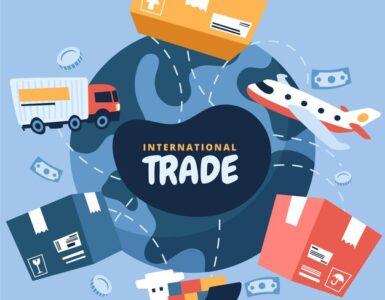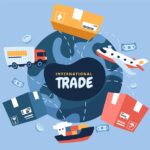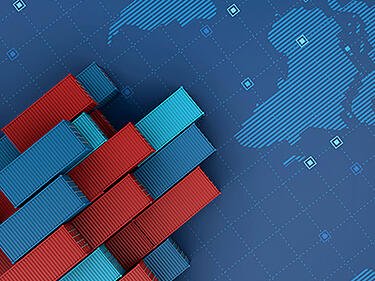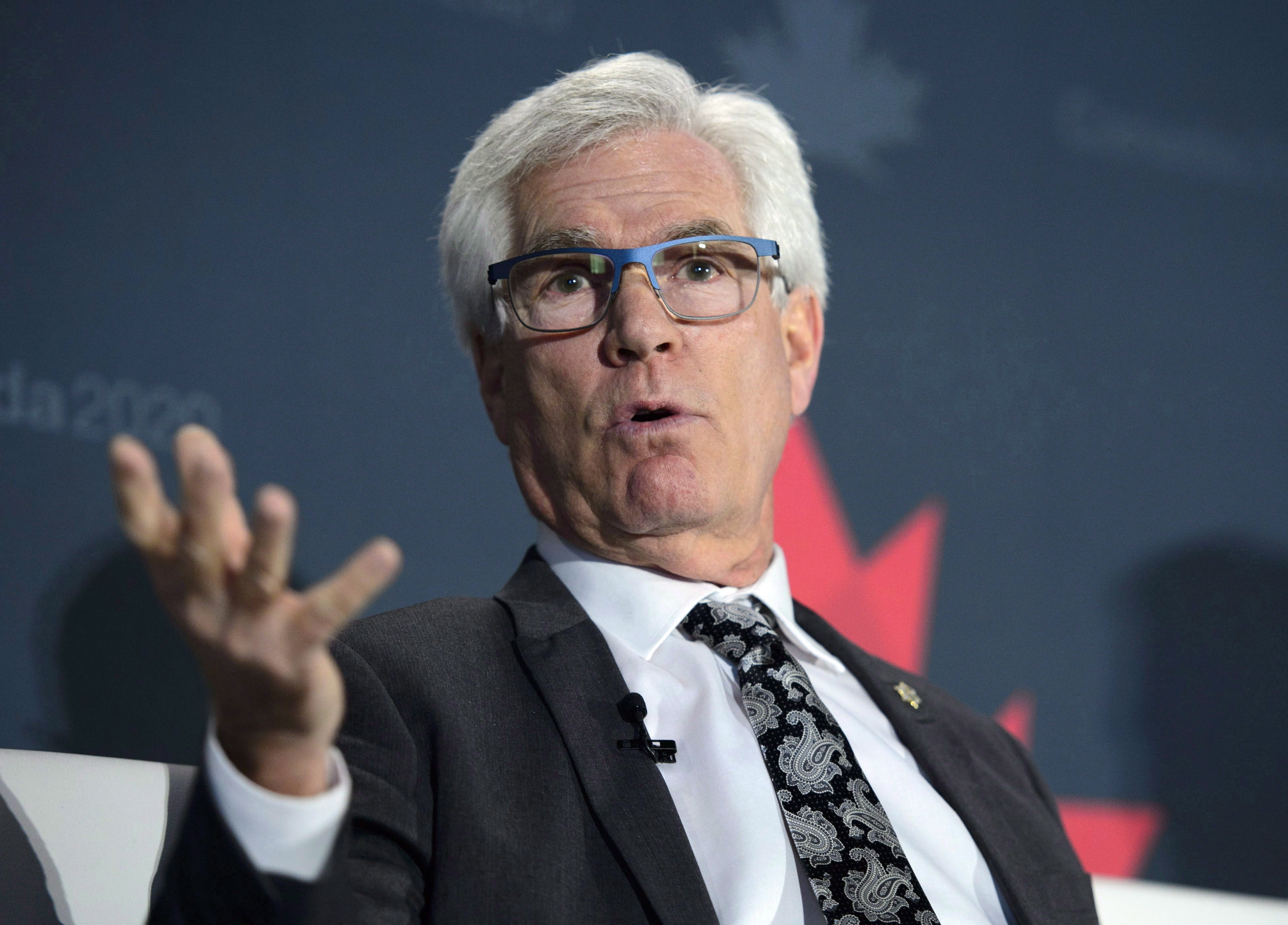
Toy manufacturer Wah Shing said it might move production to Vietnam or India, “where there is a great labor supply” if they get hit with tariffs in 2019. The company makes toys for American brands. There’s a low likelihood at this stage of tariffs on toys given U.S.-China trade talks getting under way next week. But a move to lower-cost labor markets makes sense for Wah Shing even without tariffs if it wants to build supplies to existing clients, including Kinetic Sand makers Spin Master and Barbie’s Mattel.
China finds itself at a historic crossroads. When it joined the World Trade Organization in 2001, China was already the world’s manufacturing hub. Thanks to “great labor supply,” and lackluster labor and environmental laws, companies could pay a pittance and pollute with reckless abandon. But the new China has moved up the value chain. They are becoming more automated and, finally, moving closer in line with WTO rules on labor and environmental protections. As a result of costlier labor and tighter regulatory requirements, multinationals are looking elsewhere.
China’s economy is going through some serious growing pains. Thousands of tech workers are being laid off and public sector employees are being furloughed early ahead of the Chinese New Year, which is in February.
Maersk said it will cut 2,000 workers at its Chinese container manufacturing business, suggesting the logistics giant sees two major trends emerging—a decline in regular shipping, possibly due to the slowing economy, or growth in other types of containers, namely refrigerated ones. The latter is the bullish view.
China has become so advanced that even their corporations are looking for new Chinas to build things cheaply and with little regulatory oversight. Trade tensions with the West are merely speeding up corporate China’s plans to relocate.
The Trade War Impact On China
Apple said Wednesday that the company’s sales will be about $84 billion in the quarter ended December 29, down from earlier estimates of $89 billion to $93 billion. The company blamed China for the revision downward. While the market was quick to blame the trade war outright, it is also worth pondering the general slowdown in consumer sentiment and retail sales in China. Both have been in decline for the last 12 months, even before the first shots were fired in Trump’s trade war.
“The Chinese economy is slowing in a way that I haven’t seen in a decade,” Kevin Hassett, chairman of the White House Council of Economic Advisers, told Bloomberg. “That’s going to be bad” for U.S. companies that have a lot of business in China.
China’s bilateral trade with the U.S. was basically flatlined in November, growing at just 1% annualized versus 10.3% in the prior three months, according to Panjiva Research.
China’s PMI missed the 2012-2015 deceleration in growth and more recently was pointing to an upswing that never really materialized in the broader data sets. “If it keeps trending towards 45, we’ll know something unusual is going on,” says Brian McCarthy, founder of Macrolens, a boutique investment research firm particularly tuned into China.
“I fully anticipate a trade deal that entails a 6-9 month calming of tensions, but I would not look for that to fix what ails the Chinese economy,” says McCarthy. “The confidence genie won’t be put back into the bottle by a deal that leaves the current tariffs in place and maintains the threat of more at any signs of Chinese economic misbehavior … which is inevitable.”
China is busy playing defense. The central bank is trying to stimulate credit by permitting banks to lower their reserve requirement ratios. Ironically, this goes against Xi Jinping’s sustainability approach to development. He is not keen on debt expansion, especially at the provincial level where local leaders and their state bank lenders have a penchant for funding “bridge to nowhere” type projects. This includes real estate, which is more like a savings account for Chinese than a place to hang your hat. Xi is also against using real estate for anything other than commercial use or a house. He might have to tack away from that if he wants some sort of smooth sailing. Given the fact that manufacturing is either moving out of China to low-cost countries in Southeast Asia or threatening to do so, something’s got to give in Beijing. Either Xi blinks on trade and throws Trump a meaty bone on intellectual property and market access for sexy sectors like finance and energy, or China’s economic outlook will remain a serious headwind for global investors this year.
[“source-“forbes”]






















































